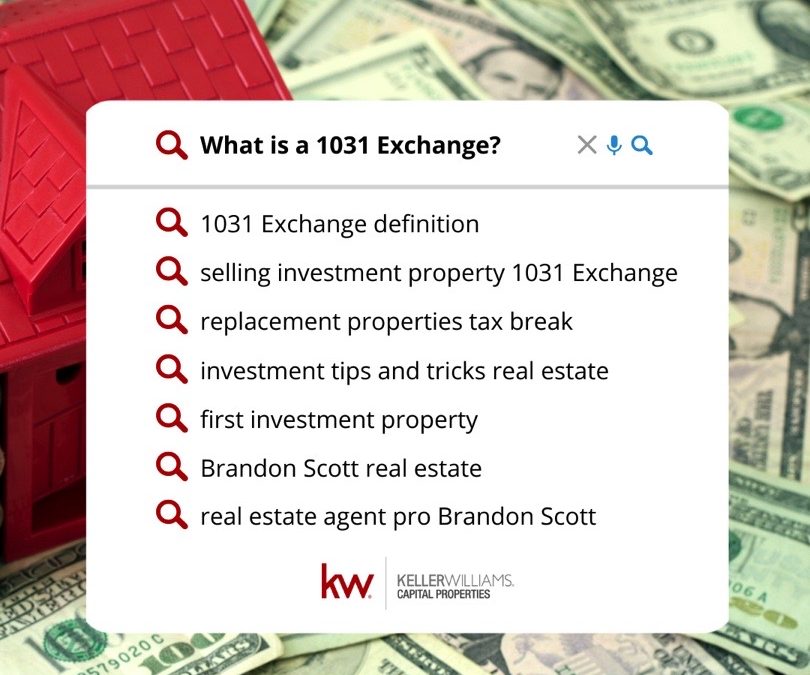by Brandon Scott
The idea of selling your home comes with a flurry of emotions. You have me breathing down your neck about when the painters can come in. You have movers touching things and now you can’t find your favorite diddle dooha. But, you’re excited at the same time; you’re ready for the next step. And if that next step is buying a home, then you already know you still have a lot on your plate, once this part of the transaction is over with.
Many sellers get tunnel vision when it comes to selling their home and the weight of the world is on their shoulders. Then, you add in Murphy’s law and of course the sump pump that has weathered every rainstorm decides to stop working right as you list the home. Through the course of things, there’s one piece of all of this that, for some sellers, gets overlooked, taxes, namely capital gains.
We all know that taxes are the best and the worst part of adulting, primarily because what you don’t know can cost you. In the world of real estate, there are two types of participants: the lay person and the investor, and there’s a fine line between the two categories.
For the investor, the IRS tax code, 1031, outlines rules on deferring capital gains payments on real estate. It’s important to note that the law applies to other categories and you should always seek the advice of a certified financial accountant. This option allows a seller to put the entire proceeds of the transaction toward the purchase of another like-kind property. It’s important to take away that, as the seller, you won’t be taking away any proceeds. If there’s an immediate need for the proceeds from selling your home, you should reconsider this strategy.
If you’re a homeowner and plan to purchase another home after selling your property, this is a great option for you to consider. The idea behind the 1031 exchange is that if a seller applies all of the proceeds of sale to a new property, there is no income received and there is not anything to tax.
There are certified 1031 exchange experts that manage the process, if this is something you want to dive into more (you can certainly contact me for a referral).
First, you have to identify the property that you want to buy and sell. The property you want to sell and the property you want to buy must be like-kind. Not exactly the same but similar. This process, in addition to a realtor, requires a 1031 exchange specialist.
That’s a perfect segway to the next step, selecting a qualified intermediary. The 1031 exchange has timelines and key deadlines that need to be meet so a qualified intermediary, or an exchange facilitator will collect the proceeds of sale in escrow. Be sure to vet whomever you work with.
Finally, you have to disclose to the IRS what has taken place on your next tax return using IRS form 8824. Be sure that you are diligent about understanding what your goals are and what you really need from your next property. This is a great tool to have in your arsenal but may not be right to use at this very moment. If you’re sizing up, for example, and need more space you may want to consider if the “juice is worth the squeeze”, as I always say. This strategy may be best used after you’ve purchased your second or third home.
Additionally, do your homework when it comes to selecting a qualified intermediary. You want to ensure that the person or company has experience and limit your risk of losing your money. Remember that there are unscrupulous people everywhere and I want you, and your family, to be safe as you navigate these real estate waters.
Brandon Scott is a licensed real estate agent in Washington, DC, Maryland and Virginia. His license hangs with Keller Williams Capital Properties in DC. He’s been involved in the mortgage finance industry for the last 16 years in various fields. You can reach him by email at [email protected]. Subscribe to his YouTube Channel at RealTeaDMV

